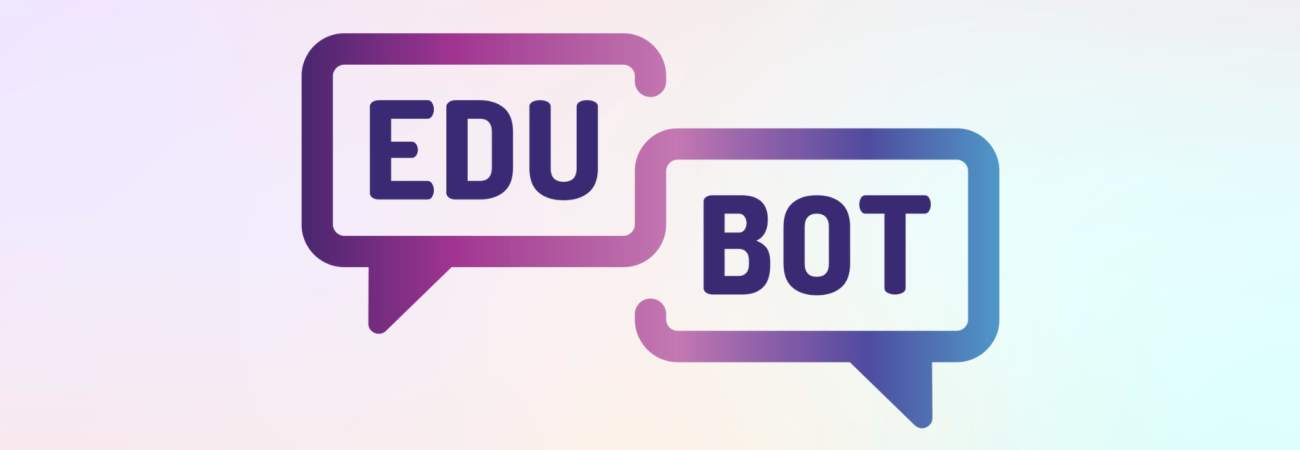
The testing of the EDUBOT platform took place in Slovakia between January and October 2024. The project involved four Central European countries: Poland, Hungary, Romania, and Slovakia. Its main goal was to support mathematics and computer science education and improve the efficiency of learning through innovative solutions.
While the primary focus of the EDUBOT project in Hungary, Romania, and Poland was the development of mathematics education and preparation for competency exams, the focus in Slovakia was on teaching new content within the computer science curriculum. Three schools participated in the testing phase in Slovakia: Katona Mihály Primary School in Búc, Szabó Gyula Primary School in Dunajská Streda, and Czuczor Gergely Primary School in Nové Zámky. A total of four teachers from these institutions were involved in the project’s pilot program, curriculum development, and testing.
During the project in Slovakia, the teachers’ task was to adapt the learning materials to the individual abilities and needs of the students while testing the new digital learning platform, the EDUBOT interface. A total of 261 students participated in the testing, spending 414.5 hours using the platform. With the new system, students were able to progress through the learning materials at their own pace, allowing them to focus on both their strengths and weaknesses.
One of the key achievements of the project was that, based on the testing, the teachers categorized the students into different clusters, considering their knowledge differences and individual needs. This approach not only took into account students’ knowledge but also their personal requirements, ensuring a more tailored learning process. Through independent work with personalized learning pathways on the EDUBOT platform, students could delve deeper into computer science, while the teachers continuously supported them, tracking their progress and ensuring that each student could advance at their own pace.
This pilot project holds significant importance as it opens up new opportunities in learning through personalized education and the integration of digital learning tools. The goal was not only to enhance students' knowledge but also to foster independent, motivated, and effective learning, considering each student’s individual pace and needs.
The outcomes and experiences of the project provide a solid foundation for future educational developments and contribute to making digital learning environments even more responsive to individual learning requirements.